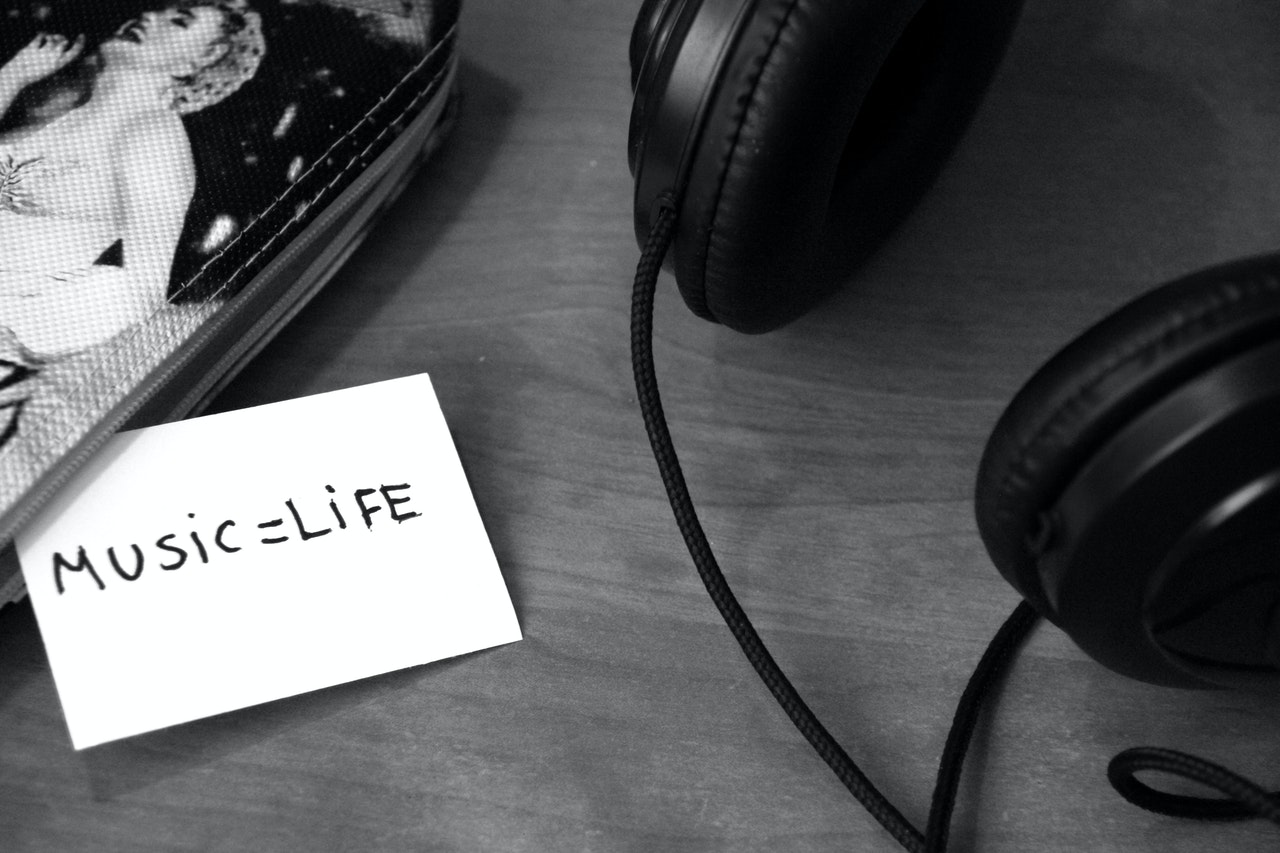
There is a fairly widespread belief that music is a great and harmless hobby. You should know that music teaches us to think and perceive differently, develops many useful personality traits, and it is never too late to start making music.
Psychological and pedagogical studies have shown that children studying music are ahead of their peers in mental development; they learn reading skills faster and are able to express their thoughts more clearly. Playing music stimulates the brain. Music is the most abstract and structured when compared to other forms of art. Therefore, it is easier to develop thinking skills that will come in handy in any mental work.
What are the benefits for children?
Optimization of the brain
Various studies have shown that playing music has a positive effect on the intellectual growth of children and on the brain in general. As a result, this leads to a better performance of any work, which means that it finds practical application in everyday life.
Development of fine motor skills
Any parent knows how important it is to develop children’s fine motor skills. So, musicians have an enlarged part of the brain responsible for motor skills and their connection with information coming to the brain from the senses. This connection is especially pronounced among those who began to study music at the age of 7.
Development of speech
Music can also have intonations, sentences, and phrases. In this way, it is very similar to speech. When practicing music, the child gets acquainted with its properties, structure, intonations, and expressiveness, and his speech becomes more literate, structured, and expressive. The musician is more subtle in distinguishing the shades of speech of other people, which means that his communication skills improve.
Work with breath
The technique of correct breathing while singing is practiced from the first lessons. With the abdominal type of breathing, the diaphragm and the lungs work alternately, which has a beneficial effect on their work. Even doctors recommend playing wind instruments and singing to asthmatics and patients with chronic tonsillitis. Singing develops the respiratory system, improves lung drainage.
Development of mathematical abilities
Surprisingly, it’s true: music and mathematics are similar in content and psychologically. Therefore, while making music, metamathematical skills are also developed. Melody, rhythm, harmony – these components of music have a clear structural organization, which is similar to mathematics. The concepts of frequency and duration of sounds help to understand fractions, proportions, etc., better.
Influence on posture
When singing and playing instruments, the body’s position is fixed, the teacher strictly monitors this, and then it becomes a good habit and a great muscle workout.
Beneficial effect on the psyche
There is even a psychotherapeutic method – music therapy, used in the treatment of children with somatic and mental disorders.
Self-discipline and hard work
Music lessons (even if in the form of a hobby) require regularity; they must be daily and often independent. Therefore, music, along with sports, fosters character, willpower and helps to self-organize your time.
The habit of public speaking
Psychological readiness for performances does not appear immediately; most people experience fright, as performance requires concentration, order, and responsibility. Mastering the technique of public speaking is useful for any person, regardless of his profession. Performing on stage several times a year, children learn to manage emotions, direct attention, and enthrall the audience.
Over time, the nervous system strengthens, self-confidence grows, and the ability to adapt to any life situation is formed.

Reasons for making music as an adult
Indeed, music has plenty of beneficial effects on adults as well. Let’s take a look at those.
- Keeping the brain “in shape.” Music lessons, especially musical literacy, are not easy, and the more complex the task, the more actively the brain works. You may have a hard time at first, but the brain adapts, and you will master any task over time. Undoubtedly, an active brain will come in handy at any stage of your life.
- Ability to perform several tasks at the same time. Definitely, it is a useful skill in any field of activity.
- Development of self-confidence and skills, thanks to various performances and competitions.
- Improved voice. Vocal lessons will help make the voice better and improve oratory skills and the ability to express your thoughts and competent speech and writing.
- Mood management. Classical music helps to relax, calm down, or, conversely, cheer up and tune in to work. You just need to know what to listen to. To distinguish Tchaikovsky from Bach, for example, studying the history of music will help you.
- Development of purposefulness. Perhaps, while making music, you will have a desire to give up everything. But by achieving small goals, for example, learning a new piece or mastering a new rhythmic pattern, new playing techniques, hitting a certain note, you set a big goal and learn to work for the result without giving up.
- Meeting new people who share your interests. New acquaintances in the musical environment, be it a music school, a musical group, a rock party, etc. – it’s always interesting.
- Self-realization. You will be able to express your thoughts through lyrics, music. You may become a leader and, possibly, an example for someone.
Conclusion
We hope you are imbued with the idea that making music is not only useful but sometimes necessary. And it is not necessary to strive to become a virtuoso musician, a unique vocalist, or a great composer; the main goal of musical studies is to improve yourself.
